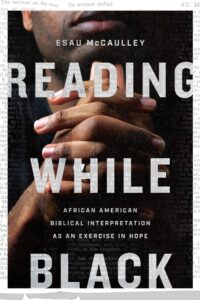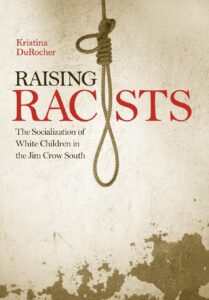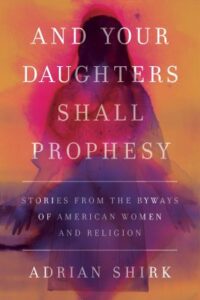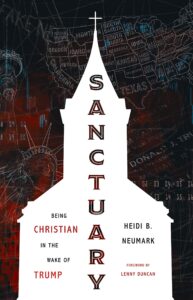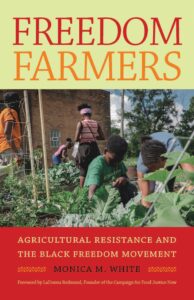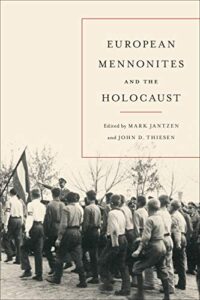 Transnational Mennonite Studies
Transnational Mennonite Studies
After the Second World War, much of the Mennonites’ history was forgotten as they sought to rebuild or find new homes as refugees. This created a myth of Mennonite innocence and ignorance, one that European Mennonites and the Holocaust sets out to dissipate. This book identifies a significant number of Mennonite perpetrators, along with a smaller number of Mennonites who helped Jews survive, and examines the context in which they acted.
During the war, Mennonites in the Netherlands, Germany, occupied Poland, and Ukraine lived in communities with Jews and close to various Nazi camps and killing sites. In some cases, theology led them to accept or reject Nazi ideals. In others, Mennonites chose a closer embrace of German identity as a strategy to improve their standing with Germans or for material benefit. By examining this difficult and oft-forgotten history, European Mennonites and the Holocaust uncovers a more complete picture of Mennonite life in these years, underscoring actions that were not always innocent.
Reviews and endorsements of the publication include:
“Grounded in literature on the Holocaust, German, Dutch, Ukrainian, and Mennonite history, editors Mark Jantzen and John D. Thiesen, along with the authors in this volume, demonstrate how collective memory can be made oblivious to collaboration with evil, and the responsibility of scholars to ruthlessly and compassionately alter past narratives. The research represented here is crucial to better understand the multilayered Mennonite past, and offers broader implications for how small and seemingly benign groups become complicit in mass violence.”—Marlene Epp, Conrad Grebel University College, University of Waterloo
“What makes European Mennonites and the Holocaust important is the bringing together of the most active scholars in this emerging field. It serves as a case study for the ways in which cultural and ethnic minorities reacted to and engaged in the Holocaust, as well as an exploration of the transnational reality of the Holocaust. A fine work of scholarship edited by experienced scholars, this book will be of great interest to those interested in Holocaust and memory, and to members of the Mennonite community – a subculture deeply interested in and committed to its own history.”—Kyle Jantzen, Department of History, Ambrose University
“A particularly interesting case study, European Mennonites and the Holocaust is a valuable collection representing topics, such as ecclesiology and other branches of theology, often neglected by historians. Situating itself into the wider historical literature, especially the literature on the Holocaust, there is a lot in this book to chew on.”—John-Paul Himka, Professor Emeritus, Department of History and Classics, University of Alberta
For more information on the publication, click here.
Fellow travelers are scholars, activists, and practitioners that embody the ideals and commitments of the Project on Lived Theology. We admire their work and are grateful to be walking alongside them in the development and dissemination of Lived Theology.

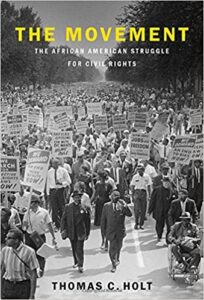
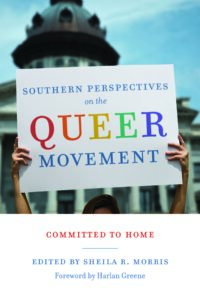 Committed to Home
Committed to Home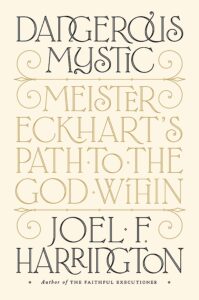
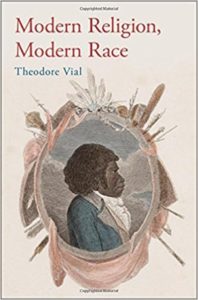 Understanding Their Connection
Understanding Their Connection